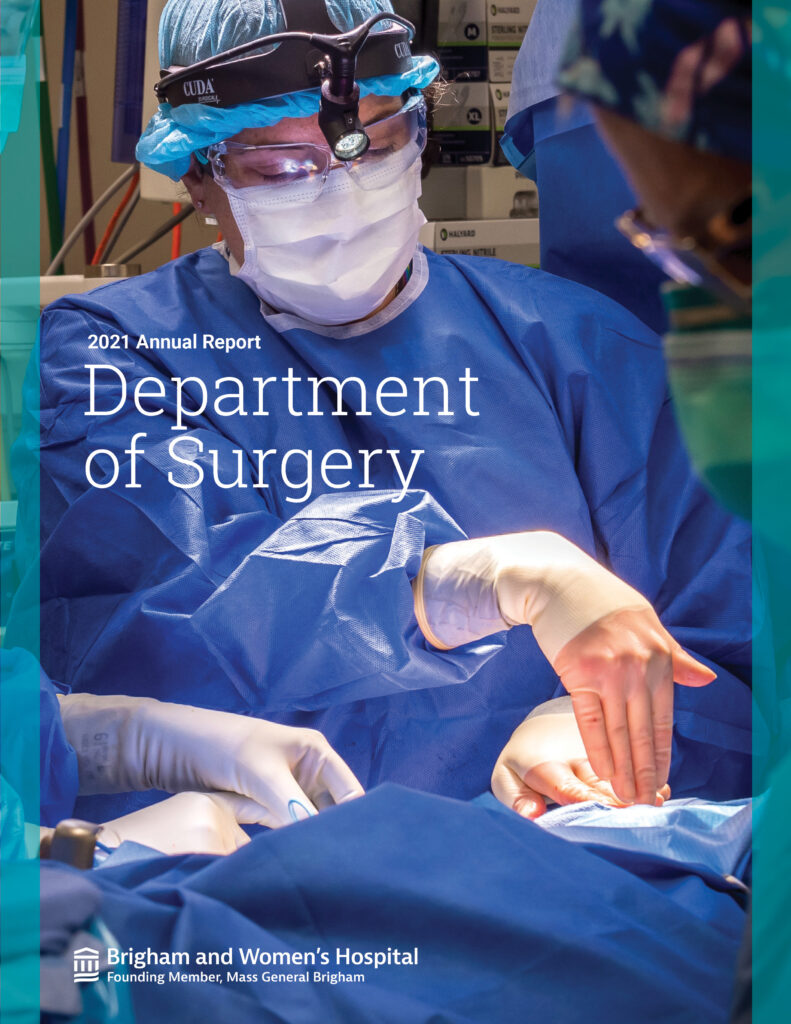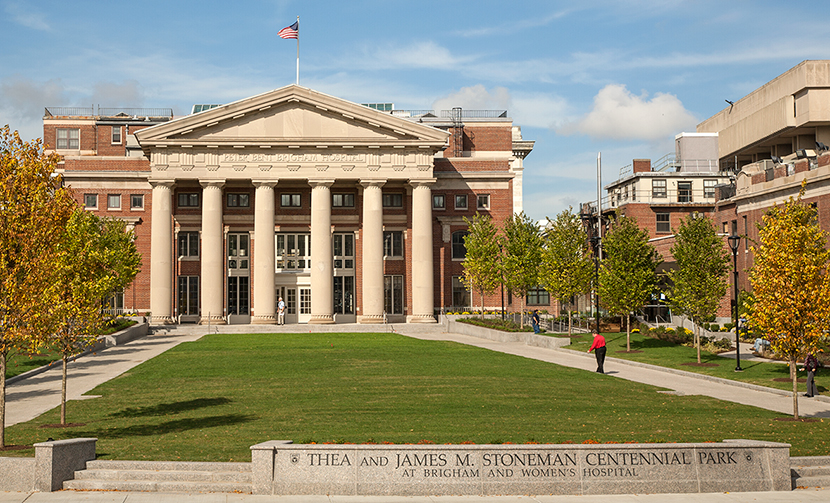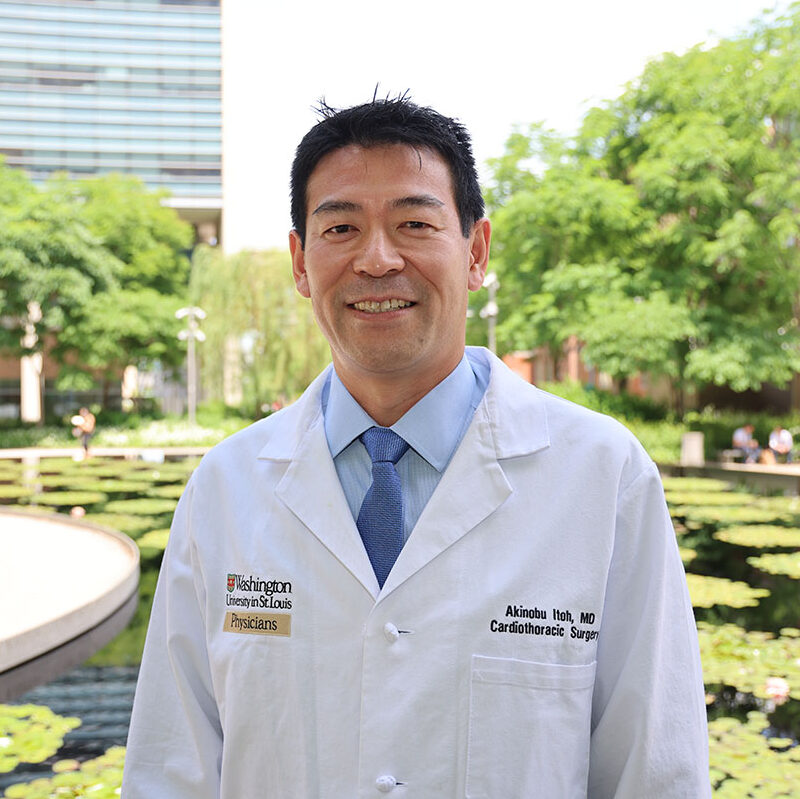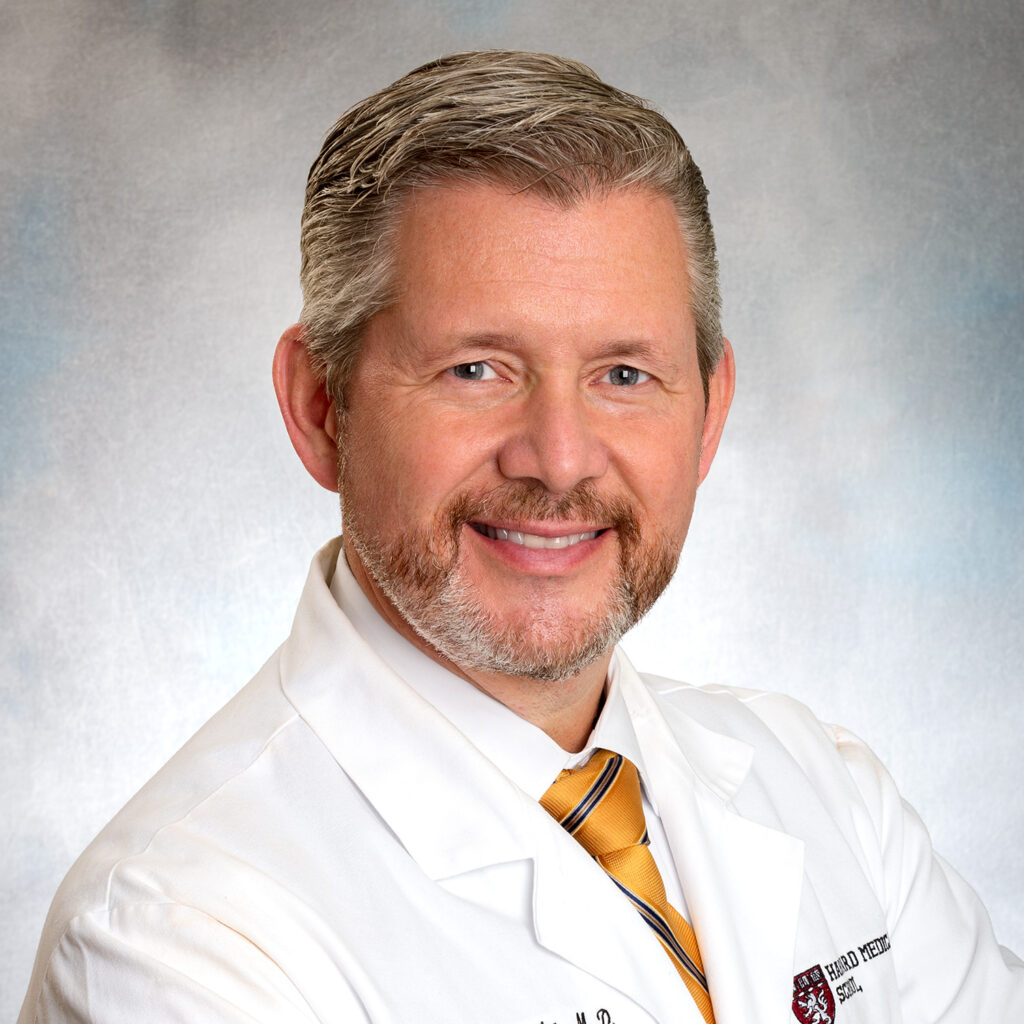Please join us in welcoming Akinobu Itoh, MD, PhD, as a new faculty member in the Department of Surgery.
Akinobu Itoh, MD, PhD
Associate Surgeon, Division of Thoracic and Cardiac Surgery
Surgical Director, Heart Transplantation and Mechanical and Circulatory Support
Dr. Itoh received his undergraduate and medical degrees from the Tohoku University School of Medicine in Sendai, Japan. He completed resident training in general surgery and cardiovascular surgery at the NTT Medical Center in Tokyo and a fellowship in cardiovascular surgery at the National Cerebral and Cardiovascular Center in Osaka, Japan. Subsequently, he completed a fellowship in cardiovascular surgery at St. Michael’s Hospital in Toronto, Canada and a fellowship in transplant/heart failure at Toronto General Hospital. In 2013, he joined Washington University School of Medicine/Barnes-Jewish Hospital as a faculty member. Dr. Itoh also holds a PhD in cardiac valve physiology and pathology from Tohoku University.
Before coming to the Brigham, Dr. Itoh was an associate professor of surgery, surgical director of the Heart Transplant and Ventricular Assist Device Program and director of the Surgical Heart Failure Fellowship Program at the Washington University School of Medicine, as well as co-director of the Barnes-Jewish ECMO Program. At the Brigham, Dr. Itoh will also be serving as surgical director of Heart Transplantation and Mechanical and Circulatory Support for the Division of Thoracic and Cardiac Surgery.
Dr. Itoh’s main clinical focus is on orthotopic heart transplant and mechanical assist device surgery. He also takes care of high-risk, complex aortic and mitral valve surgeries, as well as aortic dissection and aneurysm. Low ejection fraction coronary artery revascularization surgery, with mechanical circulatory assist is another area of his clinical interest. His clinical and translational research concerns are heart failure and the clinical impact of valvular surgery concomitant with mechanical assist device implantation and reverse remodeling in mechanically unloaded condition. He’s also interested in the clinical outcomes of acute circulatory support, with extracorporeal oxygen membrane circulatory support and other mechanical circulatory support devices, such as the intra-aortic balloon pump and the Impella device. Based upon his previous research experience in valvular/ventricular physiology and transesophageal echocardiography, he would like to contribute to the development of the clinical and translational research in the heart failure field.



